INTERNATIONAL ACADEMY FOR NATURAL LEARNING
iKra
individualization
inquiry-based
reform traditional schools
natural learning
e-learning
self-learn
Do you want to know if you belong to us?



OUR SERVICES
OUR APPROACH FOLLOWS A NATURAL PERSPECTIVE OF LEARNING THAT IS INSPIRED BY DIFFERENT “ALTERNATIVE” LEARNING METHODS SUCH AS:

HOME-SCHOOLING/ UNSCHOOLING
It is a style of education that allows the student’s interests and curiosities to drive the path of learning. Rather than using a defined curriculum, unschoolers trust children to gain knowledge organically.

DEMOCRATIC SCHOOLS
A school where students are trusted to take responsibility for their own lives and learning, and for the school community.
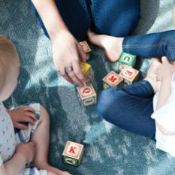
MONTESSORI
a method of education that is based on self-directed activity, hands-on learning and collaborative play.

OUTDOOR AND FOREST SCHOOLS
in which students visit natural spaces to learn personal, social and technical skills

FLEXIBLE LEARNING
It is a method of learning where students are given freedom in how, what, when and where they learn.
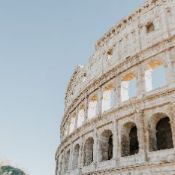
REGGIO EMILIA
It is an educational philosophy based on the image of a child with strong potentialities for development and a subject with rights, who learns through the hundred languages belonging to all human beings, and grows in relations with others.
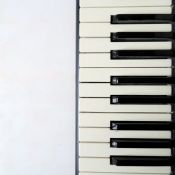
WALDORF EDUCATION
a unique educational strategy which aims to create well-rounded students through a broad curriculum, including academics, art and music education, physical education, and emotional and social education

PHENOMENAL EDUCATION
Phenomenon based teaching and learning use the natural curiosity of children to learn in a holistic and authentic context.
SUGGESTED MODEL COMPONENTS
In order to simplify the philosophy of the approach, here are some reshaping of concepts and ideas deprived from normal educational context.

Here we consider all of the people related to the approach are learners. we believe, and intend to actually apply, the philosophy of life-long learning. In other words, “teachers” and families are also learners in a different perspective, or circle, of the approach.
LEARNERS

to grow up a balanced effective member of the future we believe There should be overlapping layers of learning domains ending with a kind of wisdom, The “ladder of wisdom” approach we use includes seven interwoven layers;
- knowledge & thoughts
- languages & communication
- skills attitudes & ethics
- roles & responsibilities
- strength & health
- crafts & arts & handiwork
- habits & tidiness.
WISDOM

This could be compared to the traditional age-distributed grouping of learners. Supposing that you are choosing a group of people to play basketball, it is pointless to choose them according to their age.
If we think deeper, we will find it more applicable for any subject to design a different criterion, or group of criteria, according to the nature of the subject such as interest, geolocation, gender, physical condition, culture, talent, capability, etc.
LEARNING CIRCLES

Learning units should be developed by subject-matter experts or instructional designers as a content for the learning process.
there should be more diversified learning units, with different levels and perspectives, to meet learners’ needs.
LEARNING UNITS

In comparison with traditional teachers, educators in our approach can be extended to families, experts, real-life practitioners, higher level learners…etc.
EDUCATORS

In addition to educators who are qualified to guide learners and deliver learning units, there will be a need for counselors or facilitators who will lead the harmony of the learner’s character development
FACILITATORS

his can be compared to the traditional “grade” levels but following a mixed-method way of distributing students over the “learning circles” and “learning journey”. there will be a gradual transitional period from the traditional grades system till we reach a liberal multidisciplinary distribution of the learning circles.
LEARNING JOURNEY

For us, the most important thing is to open our minds to see any useful premises that can host a learning experience will work as a “hub.” This will include parks, forests, farms, factories, hospitals, governmental buildings, airports, etc.
LEARNING HUBS
STRATEGIC VISION
As a transitional period, the project can target current traditional school students in one of two tracks;
First, as an enrichment program for interested families who would like to enhance their children’s personality or hands-on activities, or a specific learning path missed in their current system such as English or Arabic languages.
Second, as an alternative for traditional schools where a recognized high-quality and online platform will be available. The Academy will develop and adapt in time according to the market needs and resources availability.
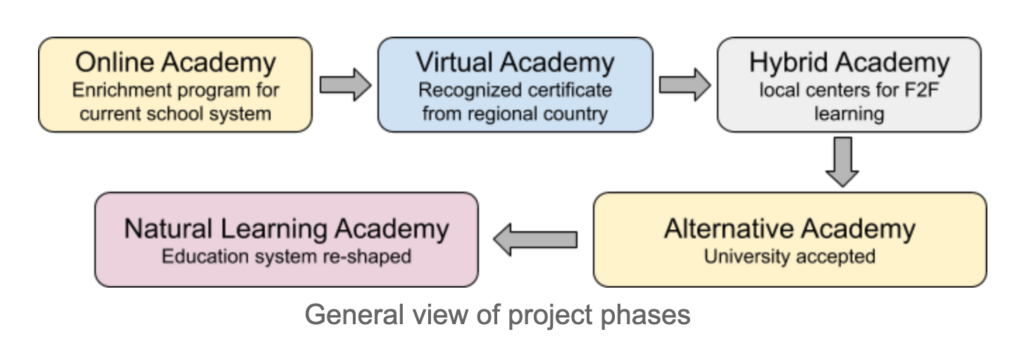
It is worth mentioning that the focus on the skills-based approach does not mean ignoring the academic context and the current education system.
There should be a gradual compromise at least including preparing students for university. Therefore, for older learners, there should be some attention to standardized tests that qualify for university such as SAT and AP.
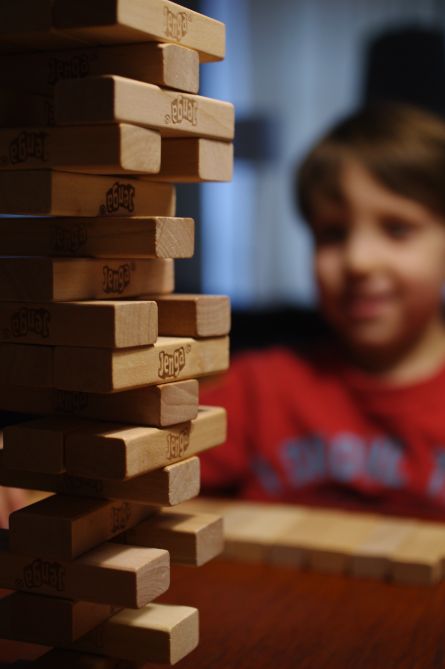
PLATFORM
There will be more than one system or app that will manage the whole concept according to the service or your different perspectives.
“Galileo” Global school and “West River Academy” can be a benchmark for many of the services that should be available within the platform.
The suggested initial ideas of the platform include:
